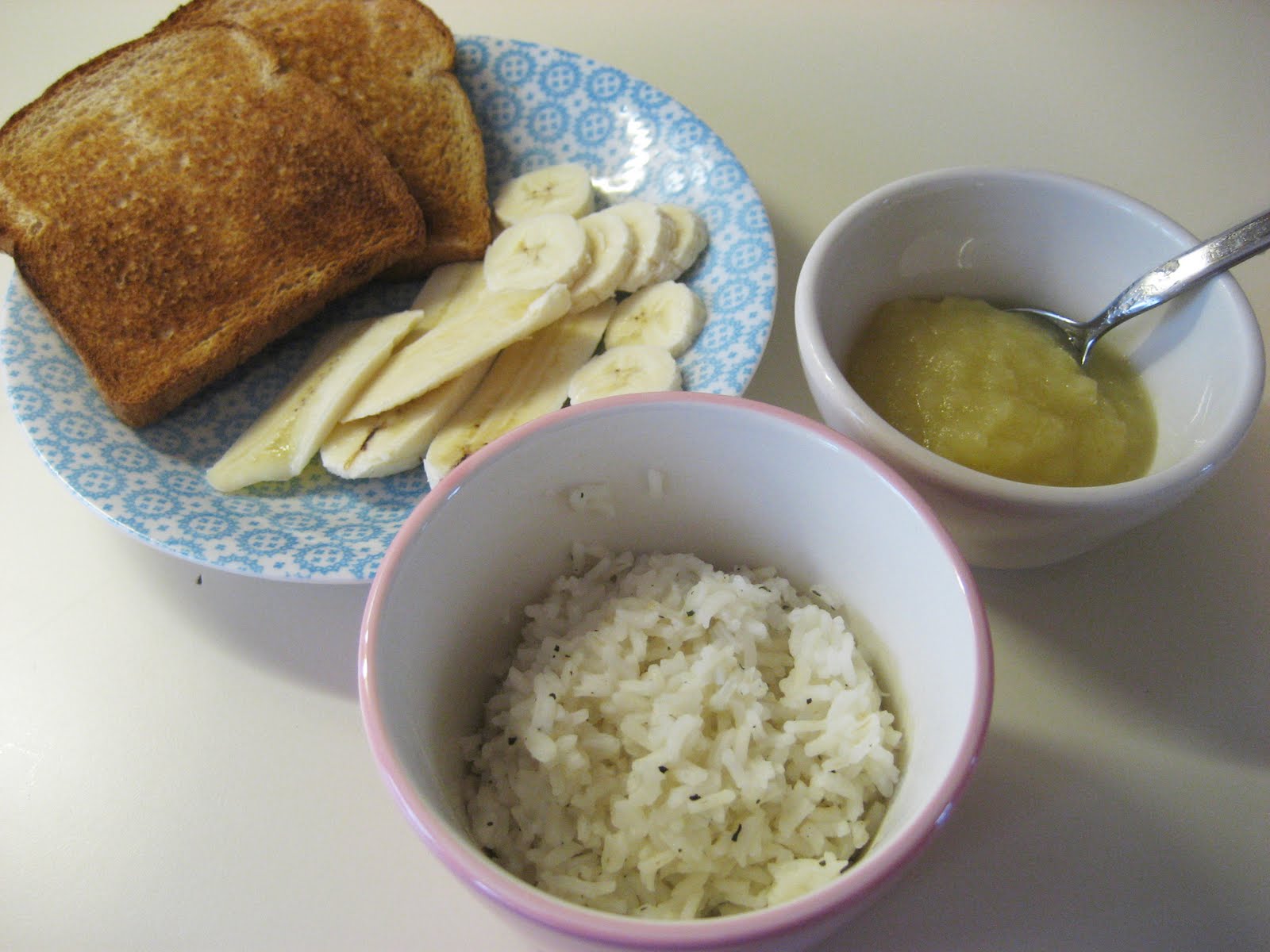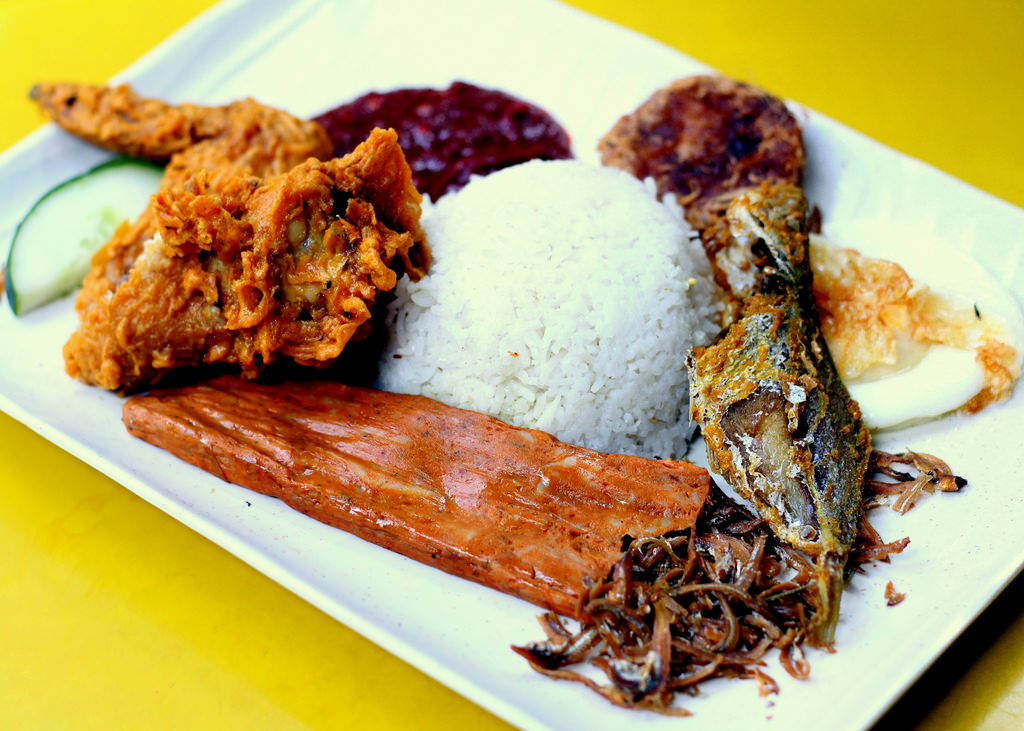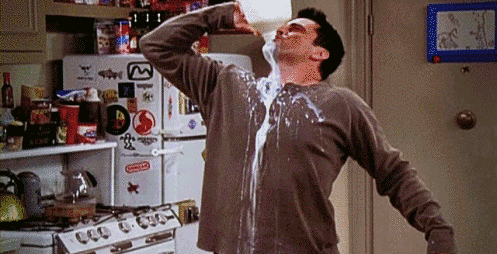Things You Should (And Shouldn't) Do When Food Poisoning Hits You
Food poisoning sucks. But it can suck less if you're careful!
Food poisoning feels exactly opposite of whatever a particular food may mean to you. And it sucks big time!
It's a foodborne illness which is caused by eating food that's been contaminated by viruses, bacteria, parasites, or other pathogens, explains the Mayo Clinic.
While symptoms of food poisoning vary, the person may experience one or more of the following symptoms:
Nausea
Vomiting
Watery diarrhea
Abdominal pain and cramps
Fever
However, the thing with food poisoning is that your symptoms can start within just a few hours of eating the contaminated food or they may begin days or even weeks later.
Which makes it hard to figure out what you ate that made your tummy feel not so yummy in the first place. And so you can’t always blame your last meal.
When you have food poisoning, do these things first:
Stay hydrated. Drink water (take small sips at short intervals).
You can also consider other liquids like Gatorade or ginger ale or soup.
Do what you can to contain any bacteria you might spread around.
For example, wipe up any stray bodily fluids, wash your hands, and if you are feeling up to it, clean up any potentially contaminated surfaces with bleach.
IF you have other people in the house, make sure everyone washes their hands if they have been near you or things you have touched.
If you're sick for more than a day or two and have any of these symptoms that last for days, seek medical attention
Neurological symptoms such as blurry vision, muscle weakness and tingling in the arms, beside some of these other serious symptoms —
- frequent vomiting,
- blood in your vomit or stool,
- a fever over 101.5 degrees Fahrenheit,
- signs of severe dehydration (e.g. excessive thirst, dry mouth, little or no urination, severe weakness, dizziness, or lightheadedness),
- intense abdominal pain or cramping
— are signals that you may be dealing with a severe case of food poisoning, and may need IV fluids or more extensive testing, so seek medical attention ASAP.
During such a time, while the thought of eating anything can be extremely unappealing, you do need to keep your strength up. So here's the kind of food you should choose.
Go "BRAT" as in eat Bananas, Rice, Applesauce and Toast
The BRAT diet, which basically calms the stomach, has foods that have the minimal potential of irritating stomach and help in overcoming diarrhoea.
Drinking a lot of fluid with BRAT diet can help in rehydrating and early recovery.
Take a probiotic supplement to help get the healthy bacteria to repopulate your digestive tract
Doctors recommend probiotics as they help your stomach back to normal function.
You can find probiotics in yoghurt and supplements. Look for labels indicating that the products contain "live active cultures."
On the other hand, there are foods that can result in recurrence of the symptoms or upset your stomach all over again. These the foods that you need to avoid.
Avoid fried and spicy food(!)
When you're down the food poisoning, you should be thinking about food that comforts your tummy and NOT your soul (we love French fries, but try to steer clear for a while).
Spicy food can cause gas problems and so do fatty foods that may include sweets, so keep your distance from them until you are fully recovered from food poisoning.
Say no to dairy products (even IF you're lactose-tolerant)
While people sensitive to dairy products anyway needs to put more consideration into the idea of consuming dairy products, even people who are lactose-tolerant will do good to avoid eating dairy products for a while.
You can eat yoghurt, as it has low lactose level.
However, if you consume dairy products in large amounts even after weeks of recovery, you may develop some degree if indigestion or bloating type symptoms.
And steer clear of alcohol and caffeine
When you're down with food poisoning, don't even think about alcoholic beverages, coffee, hot cocoa, tea and chocolate. While they can make your soul happy, their consumption will make you dehydrate and result in aggravation of diarrhoea.
Learn from your past and prevent it next time
Always wash your hands before eating.
Carry a hand sanitizer with you because there are going to be times when you don't have access to water.
Eat food that is fully cooked and served hot.
Spoiled leftovers may not always taste or smell bad, but when in doubt, throw it out.






